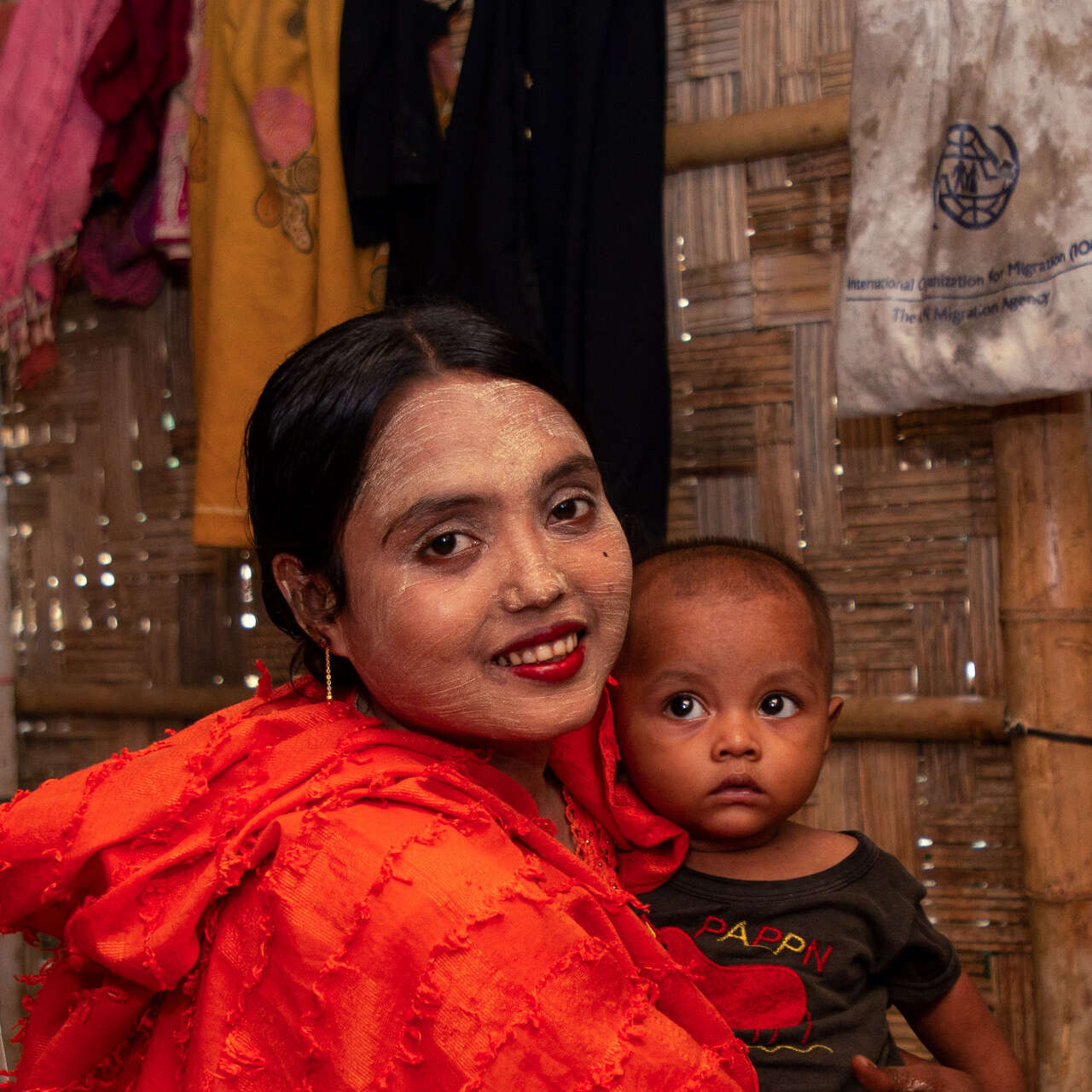Country facts
- Total population: 163 million
- People displaced by crisis: Almost 1 million Rohingya refugees
- Rank in Humanitarian Development Index: 129 of 191
IRC response
- Started work in Bangladesh: 2018
- People assisted: 1,496,400

Nearly 1 million Rohingya have fled violence in Myanmar's Rakhine State to Cox’s Bazar, a district in Bangladesh. The IRC is responding with health care, protection for vulnerable women and children, and emergency support for the refugees.